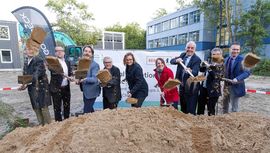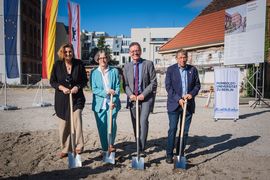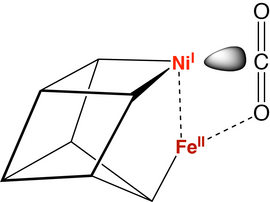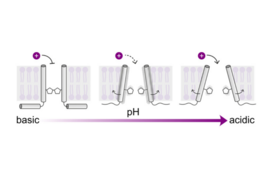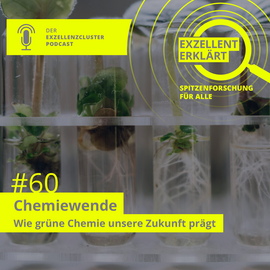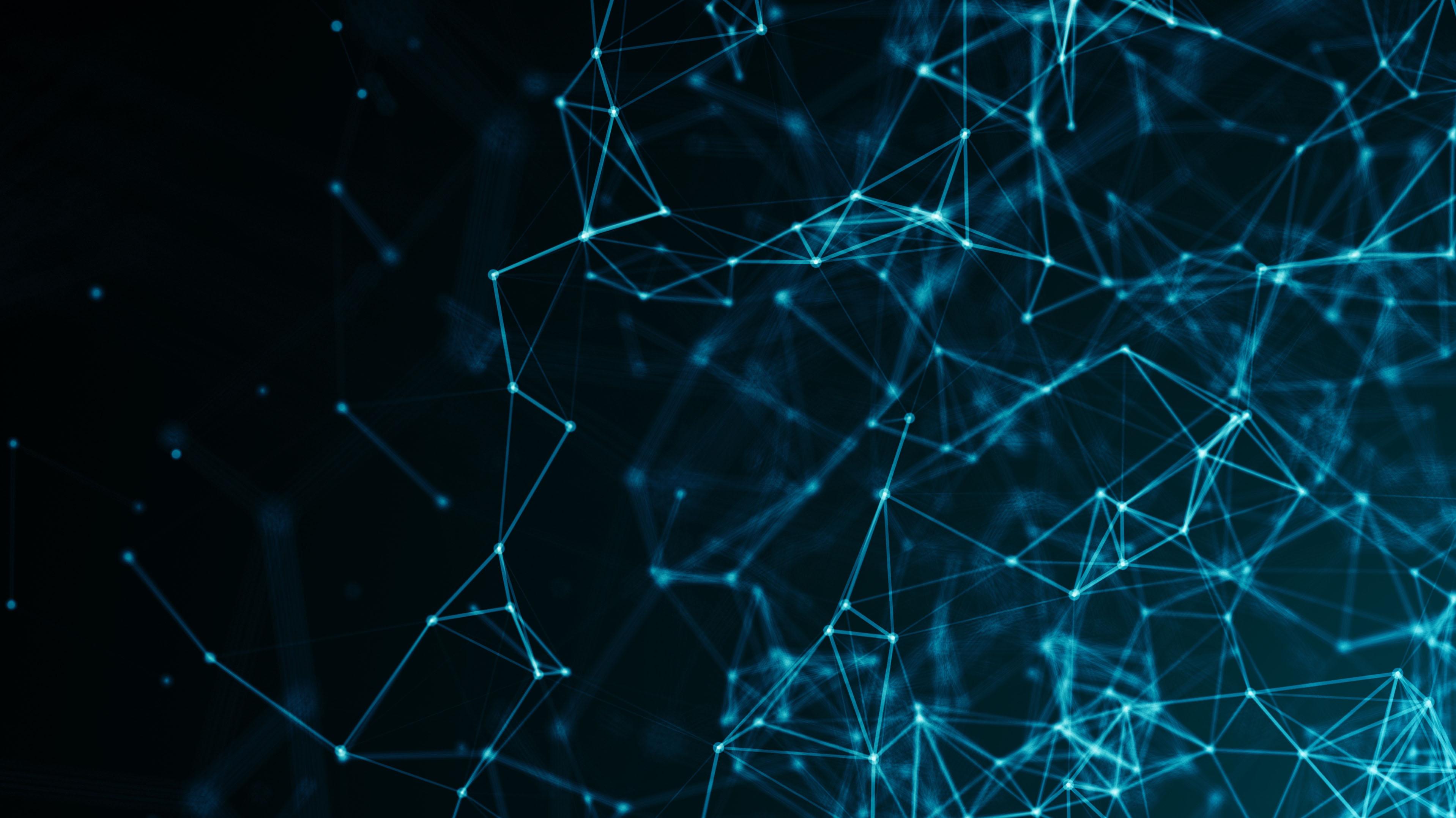

What's UniSysCat all about?
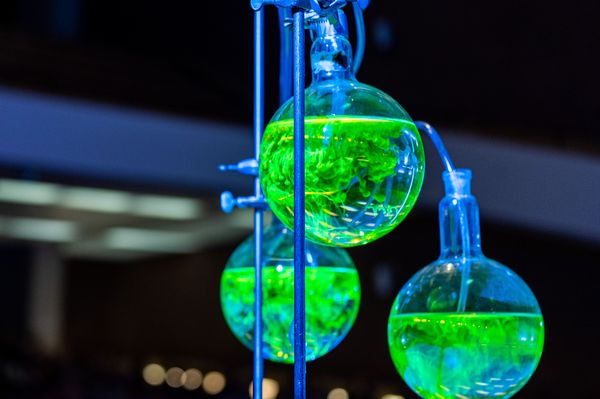
UniSysCat stands for Unifying Systems in Catalysis. We are a Cluster of Excellence - more than 300 researchers from four universities and four research institutes in the Berlin and Potsdam area - working jointly together on current challenges in the highly relevant field of catalysis.
UniSysCat unites biologists, chemists, engineers and physicists with the aim to revolutionize catalysis research.






